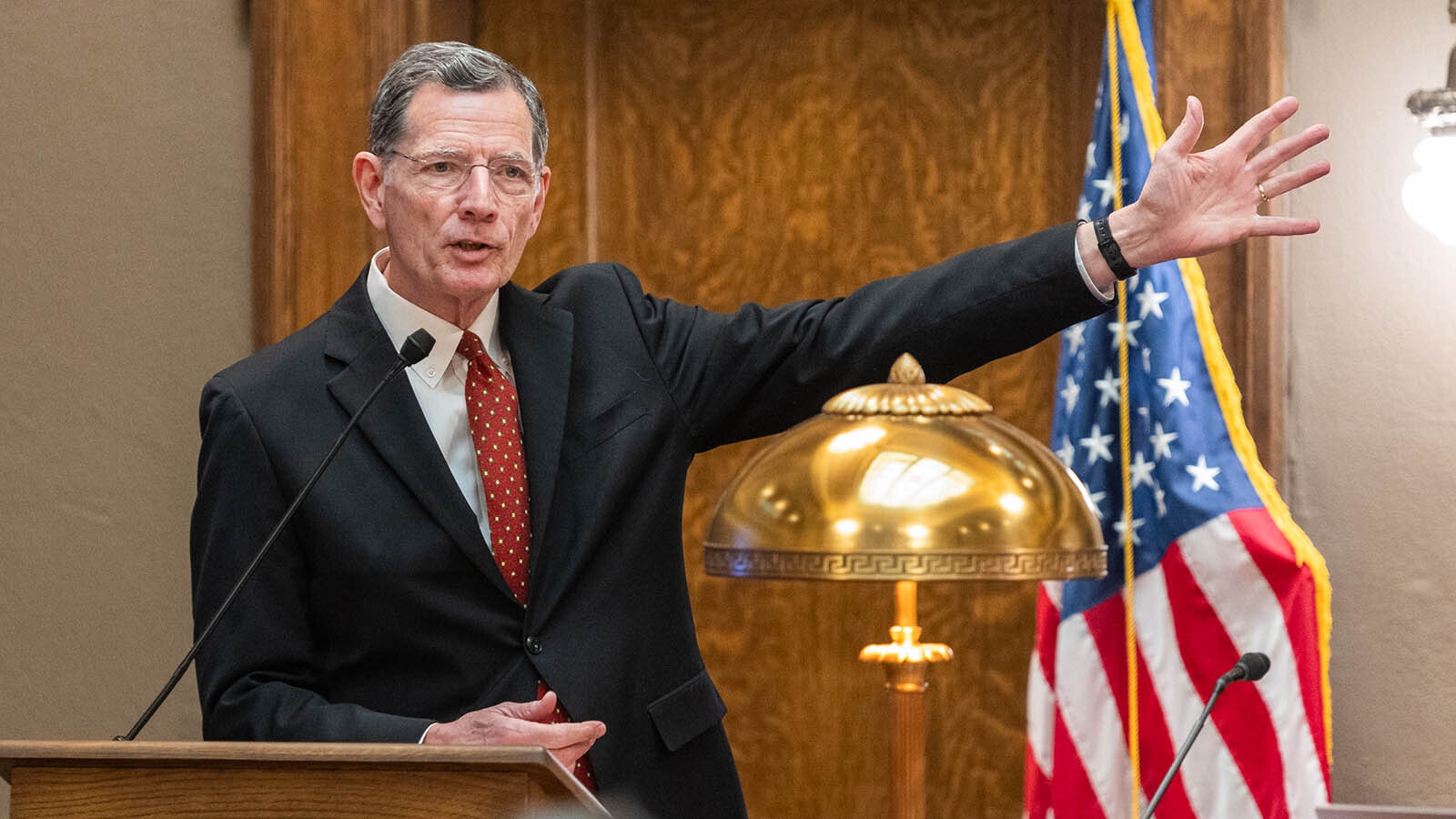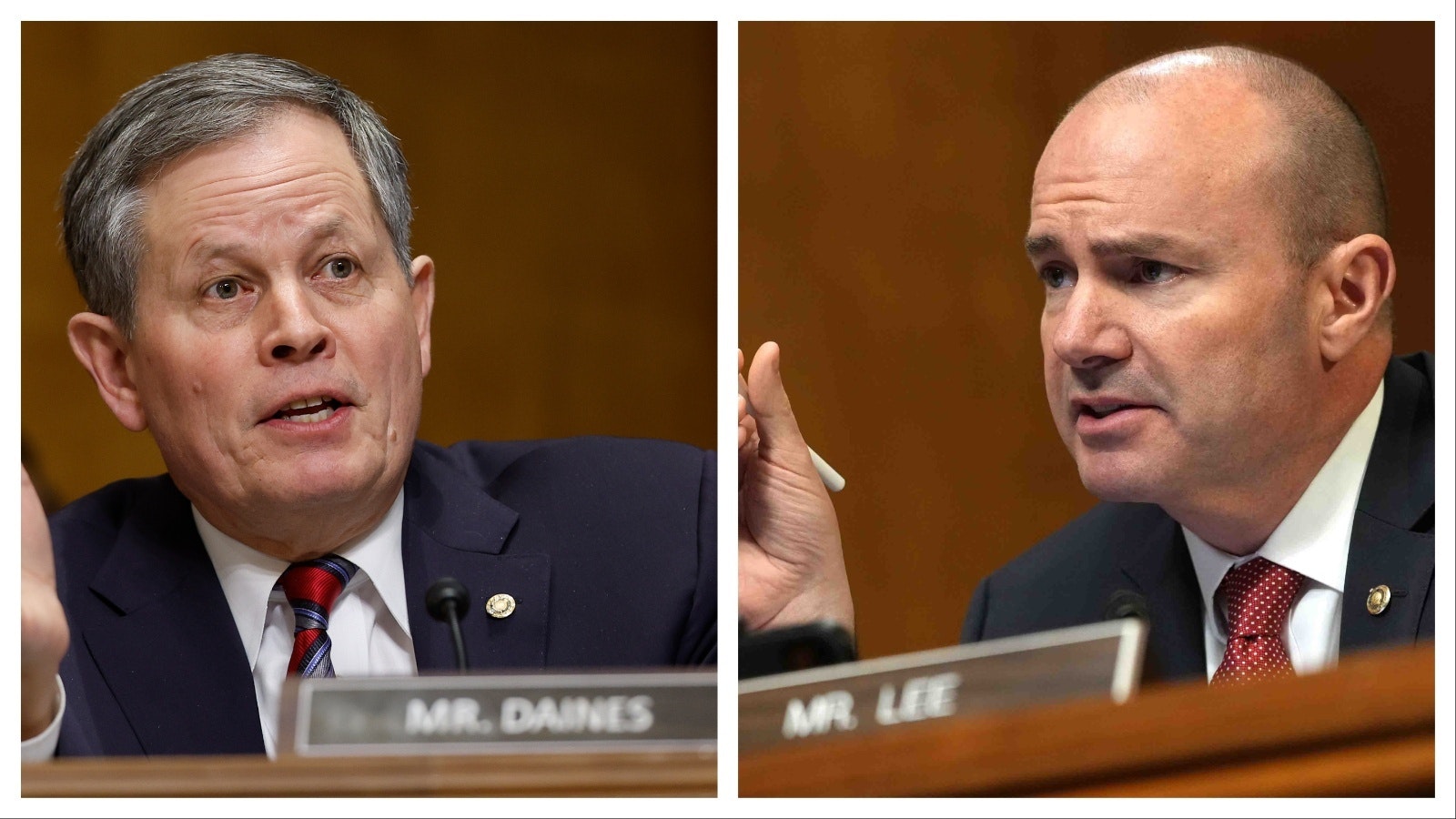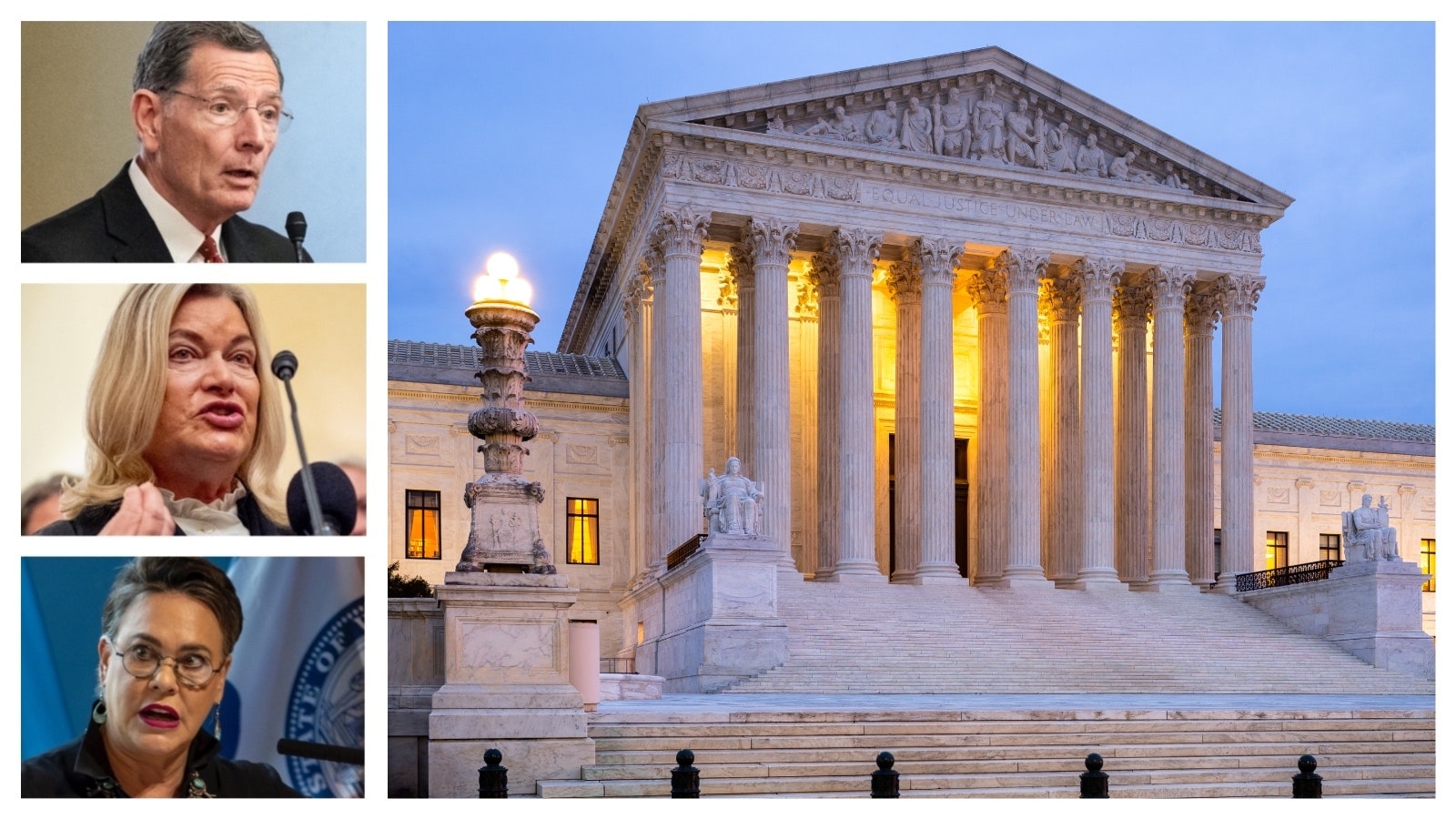Wyoming’s prisons system is asking for the option to withhold its internal investigation documents from the public because gang members and other inmates can use them to coordinate attacks on informants.
Government documents in Wyoming are open for inspection by the public generally, unless the records are part of an active investigation and unless releasing the records would jeopardize a person’s safety, among other exceptions.
Wyoming Department of Corrections investigators aren’t on the list of officials who can deny public inspection of their investigations.
“With this heightened level of gang violence and intelligence system compared to the county jails, (that’s) quite surprising to me,” Dan Shannon, director of the Wyoming Department of Corrections, told the Wyoming Legislature’s Joint Judiciary Committee during a Tuesday meeting in Sheridan.
The seven-member DOC investigative service unit probes alleged instances of misconduct, gang activity and contraband smuggling.
Finding The Informant
People submitted 295 public records requests to the department in 2022, comprising thousands of documents, said Shannon. Of those, 22% were from inmates, “requesting thousands of documents, including our investigations.”
Shannon said inmates are citizens and he wants to treat them as such. But their possessing investigative materials places the informants among them at risk.
In the name of safety, the department releases heavily redacted investigative documents to inmates and others who apply for them, Shannon said. But inmates still can piece the information together to identify informants or people who denounce their gangs — sometimes with the help of family members who apply to view security footage from within the prison.
“It doesn’t take much to figure out on this date who came out and spoke to an investigator or who was called out of this unit,” said Shannon. “We need the tools in our daily struggle to ensure these individuals are not harmed.”
Shannon did not cite a specific gang attack. He said some inmates decide to denounce their gangs, and even have their tattoos removed.
“When that information comes out in an investigation, unless you take all that out, that person is a marked individual,” he said.
Argue In Court
Shannon emphasized that the proposed law change would enable, but not require, investigators to withhold documents.
Interested parties could take the issue to court if they disagree with the department’s decision to withhold, said Shannon.
“I believe it’s always open for judicial review,” he said.
Eyes And Ears On The Inside
At least one lawmaker worries that the proposed law change could enable coverups.
Sen. Cale Case, R-Lander, told Cowboy State Daily he doesn’t suspect the DOC of trying to cover anything up and believes Shannon is doing the right thing by raising his safety concerns.
But simply exempting DOC investigators from public review “isn’t good enough,” said Case.
The difference between police and DOC investigators, he said, “is that the Department of Corrections controls the environment where the investigations are being done.”
It’s harder for police investigators to cover their own errors or abuses because they work out in the open and in an environment they do not control, Case said.
“But if you can cover up policy, procedure — and more — when it’s all within your realm, I think there’s an issue there,” he said.
Shannon told the committee that 70% of inmate transfers to other state prisons are “a direct result” of inmates gathering official intelligence against other inmates. Another safety option is to keep endangered inmates in confined housing, which Shannon said is a poor solution.
Case said the figure is troubling.
“We’ve got to protect the inmates, we’ve got to protect staff,” said Case. “We’ve got to protect the integrity of our system. But the public does have a right to know, and we’ve got to figure that out.”
Ombudsman
Shannon said the department would be open to having an ombudsman, or records supervisor, work with it on records releases.
Case said the state’s ombudsman program hasn’t been working well, and the position is now vacant.
But a third party tasked with reviewing document releases and redactions could still be a better option than exemption, he said.
“So I’ll keep pushing on that,” said Case.
Case said he has heard from the Wyoming Press Association on this issue. The association lobbies for transparency.
“If the press were to really understand this issue, they’d jump on board with me,” he said.
Book Creep
Committee Co-Chair Sen. Bill Landen, R-Casper, asked Shannon during the meeting whether exempting DOC investigators would enable the prison to hide other intelligence under that exemption.
“Do we run any danger of closed-book creep?” asked Landen. “The temptation to just couch some things under certain ways we could withhold some information that, frankly, should be transparent. Do you have any worries about that director?”
Shannon reiterated that records releases could go to court, where a judge could decide whether DOC was right to withhold certain documents.
DOC policies have “many checks and balances” in place, Shannon said.
He said the investigators would release summary reports following investigations showing what the agency found and whether DOC agents committed any misconduct.
By reviewing investigations’ summaries, rather than their actual materials, the public could “have a clear understanding of what our findings were (in a way that) protects our staff and inmates as well as the public,” Shannon said.





